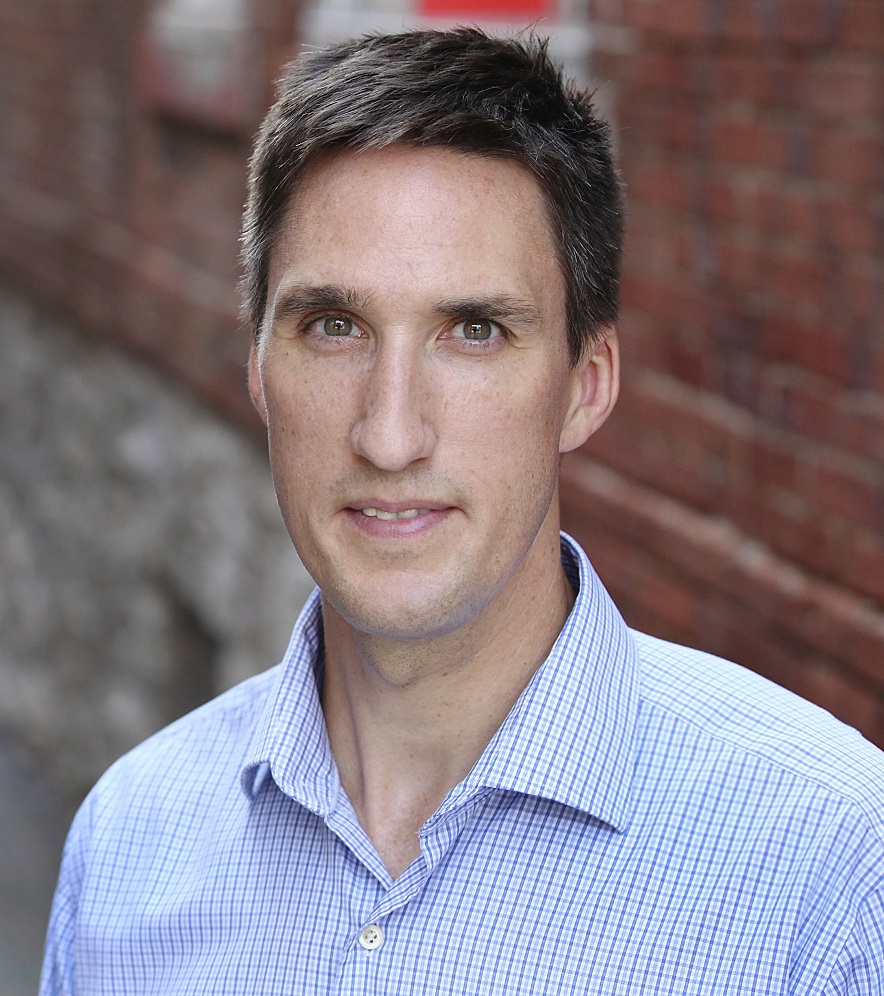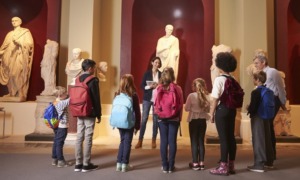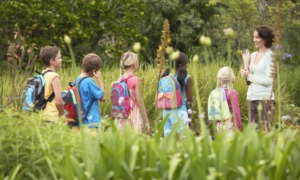About five years ago, a colleague of mine in Kansas City, Mo., told me it was time for a new American summer. His point was that summer could no longer be a break from school. For low-income children in particular, the summer slide was too costly for kids, families, schools and our city.

Mike English
We tend to romanticize the summer experience for kids as a time to have fun and get away from school. In reality, summer is a challenging time for parents who need a safe place for their children to go while they work. Kids don’t have to stop having fun during the summer, but they also don’t have to stop learning.
The American school year has 180 days. The school years in Japan, Israel and Korea are all more than 200 days long. What if our kids went to school more days? What would be the impact on academic achievement?
In Kansas City there are parts of 15 school districts within our city boundaries. At two of the 21 elementary schools in the North Kansas City School District, one of our largest school districts, the school year has been extended by 31 days. Students attending these 31 days are taught by certified teachers, learning reading, math and science. These days also include time for academic enrichment and recreation. Before the extended school year, these two elementary schools had been performing within the bottom five of the district’s schools. Now they are in the top five. This remarkable improvement shows that an extended school year works.
The North Kansas City experience seems ideal, but there are clear barriers to this approach. Teacher contracts and school funding are obvious obstacles to extending the school year. In Missouri, some school districts are eligible to receive per pupil funding for summer school attendance, which is uncommon. Communities must therefore think creatively about how to weave together a summer learning system.
Summer Collaboration Between Schools, Nonprofits
Collaboration between schools and community-based organizations can stop the summer slide while continuing the fun. Traditionally, schools don’t do summer, and summer camps don’t do school. The thinking goes that teachers and students want and need a break during the summer. Since elementary school students need supervision during the summer, nonprofit and city-run institutions fill a void by providing children with fun activities and opportunities for enrichment. But by collaborating with school districts, these summer programs can seize an opportunity to also provide formal reading, math and science instruction during the summer so that students begin the fall in a stronger academic spot than they finished in the spring.
Collaboration is a broad term, so I will again use Kansas City as a practical example of how it works. In 2014, another large school district in our city — Kansas City Public Schools (KCPS) — began a systematic expansion of summer learning opportunities for elementary school students, ultimately tripling enrollment. They accomplished this expansion by subcontracting with five summer program providers already serving low-income neighborhoods.
They asked these providers to hire certified teachers and to teach reading and math for at least 90 minutes per day. These six-week program providers included the Freedom Schools, the Upper Room, the Boys & Girls Club of Greater Kansas City, the YMCA and the Local Investment Commission. The collaborative approach to expansion leveraged existing nonprofit organizations to serve as partners in extending academic instruction during the summer. Other nonprofits like Turn the Page KC provide supplemental resources like tutors, volunteers and books in order to maximize student learning opportunities.
Formal six-week summer learning programs may not work in all communities. But kids everywhere have the opportunity to keep learning by participating in library summer reading programs. Kansas City’s two public library systems have aggressively recruited students to participate in summer reading challenges and have partnered with local school districts to evaluate the impact of these programs on student achievement.
In a remarkable study commissioned by the Mid-Continent Public Library, they found that participation in the library’s summer reading program is associated with increased reading scores between spring and fall.
Libraries and after school program providers are ready, willing, and able to collaborate with school districts. These institutions have extensive experience serving children and families. By formalizing summer relationships, we can create a new American summer.
Mike English is the executive director of Turn the Page KC, a Kansas City-based nonprofit organization that works to increase the number of children reading proficiently by the end of third grade.































